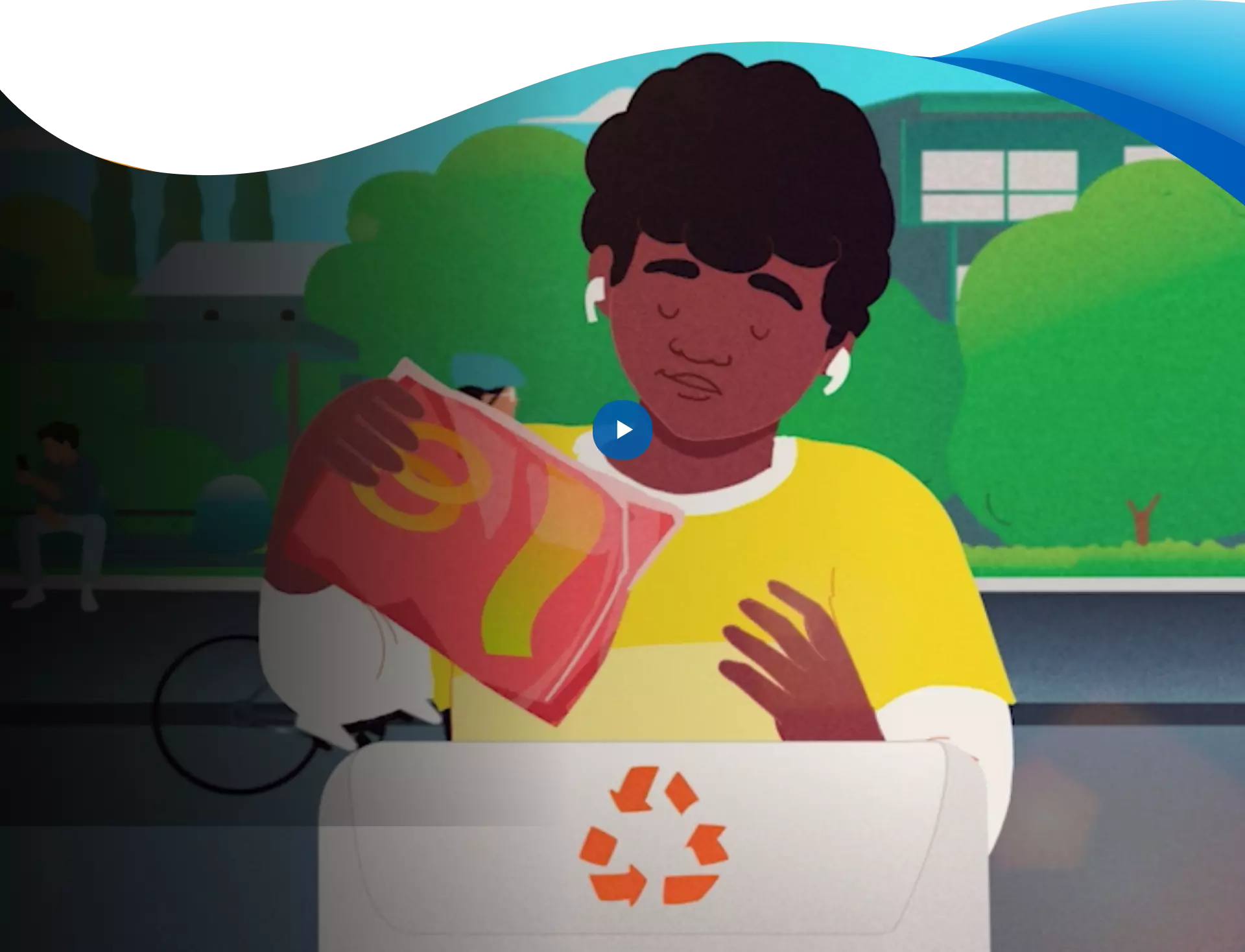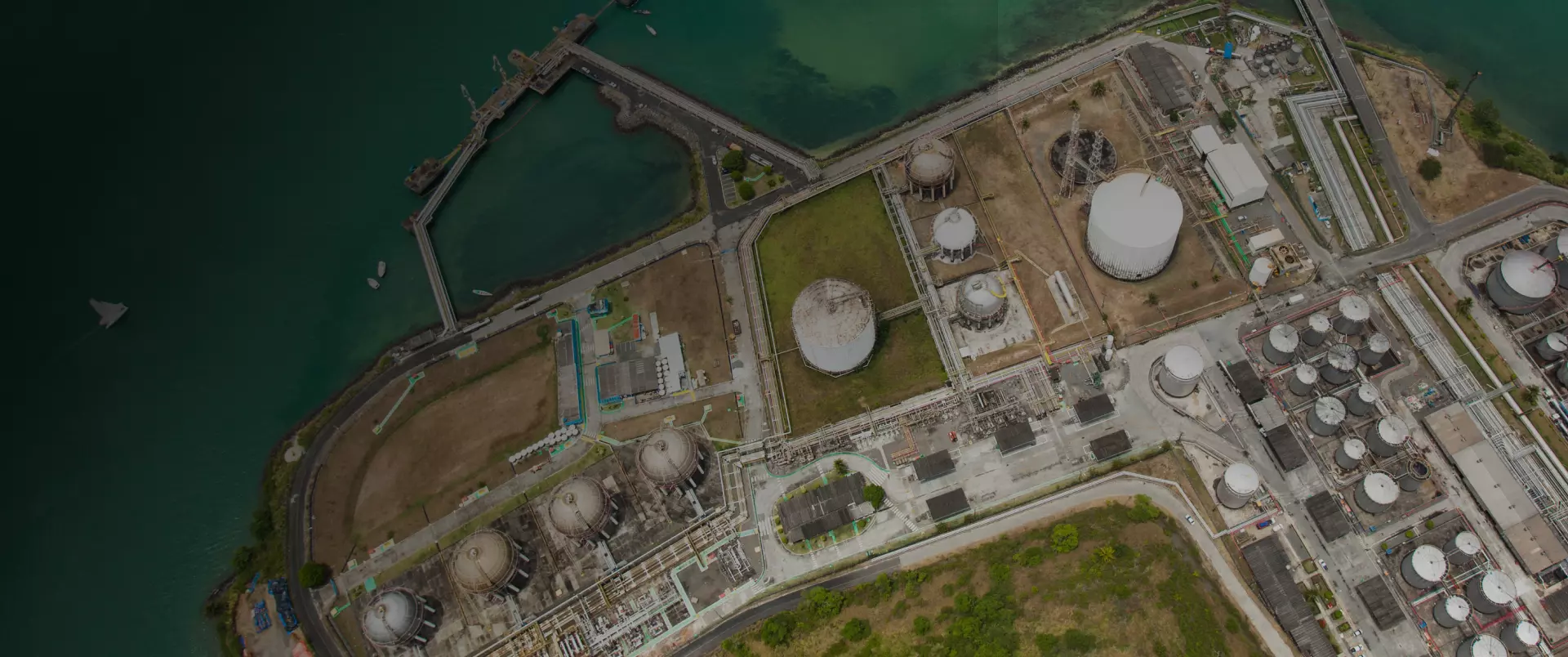Braskem believes that waste recovery through recycling is a powerful and necessary
strategy to close the life cycle of plastic products. We are committed to fostering the
circular economy and eliminating plastic waste.
What are recycled plastics?
A recycled plastic article comes from a plastic product that has already fulfilled its purpose and is successfully circled back into the production of a new product. Through the growing offer of recycled products with high performance in quality and safety, the development of technologies that represent new industry standards, the encouragement of conscious consumption and disposal and actions aimed at thinking about the design and life cycle of products, Braskemaims to consolidate and strengthen initiatives towards a circular economy.
How are Braskem’s circular solutions manufactured
Our transition strategy to a circular economy is heavily based on mechanical and chemical recycling solutions.
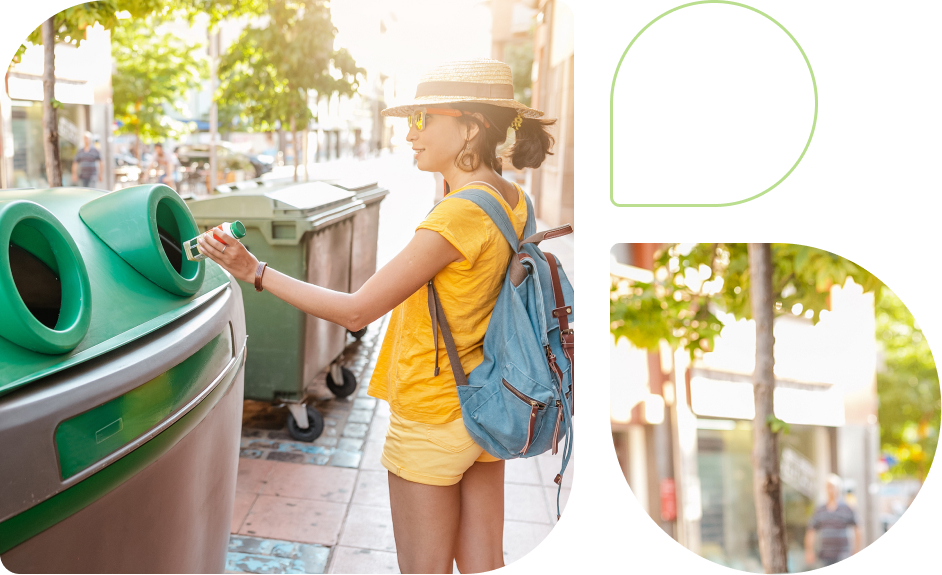

Mechanical
recycling
Mechanical recycling is the best-known method to give new uses to plastic waste.In this process, post-consumption plastic –of consumer or industrial origin –is ground into smaller pieces. The smaller piecesare washed andgo through a process called extrusion, which transforms it into small granules of thermoplastic polymers, called pellets.
All this is done without altering its chemical structure. The pellets are re-used to produce new products, such as packaging for hygiene and cleaning products, furniture, secondary packaging, and household appliances, among others.
Braskem iscommitted to improving the quality of post-consumer recycled resins and expanding their application possibilities. We do this by investing in and working with partners who are also part of the mechanical recycling chain, which allows us to overcome technical and logistics barriers and deliver quality and quantity recycled materials.
Bioplastics, biodegradable plastics and recycling
Chemical recycling (sometimes referred to as advanced recycling) employs a more complex chemical process to break down plastic materials. Chemical recycling is vital to accelerate the circularity of plastic, especially since it expands the possibilities of recycling more complex waste.
The process involves a technology that modifies the physical and chemical properties of waste. Using heat, the molecules of post-consumer plastics are broken down into simpler ones creating the circular raw material, which is then made into plastics or chemicals that are the same as those produced with conventional raw materials.
Braskem seeks to improve existing chemical recycling technologies, in addition to the development of disruptive technologies for this new value chain.In addition, Braskem focuses on sourcing chemical recycling feedstock and investing in realizing units for converting waste
How does chemical recycling work?
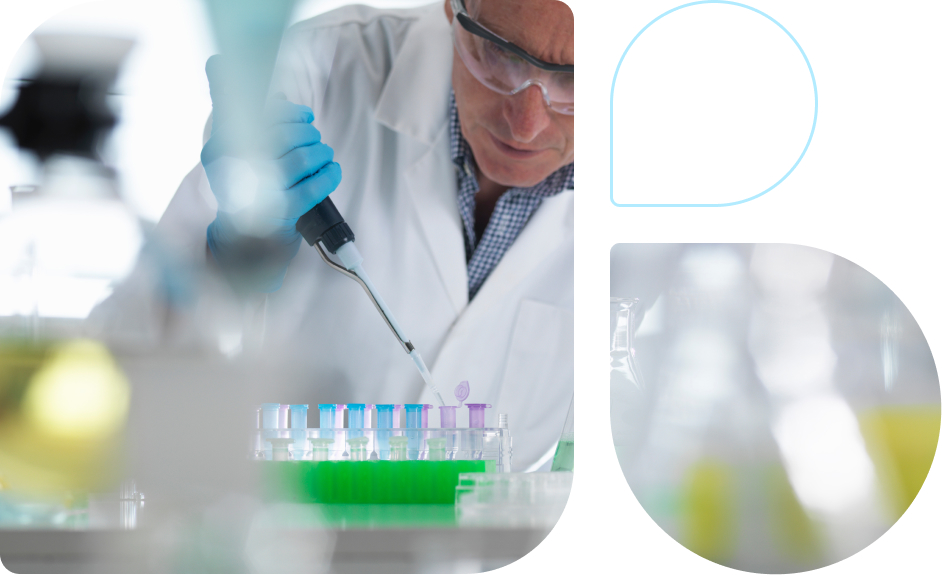
Examples of Braskem’s bio-based plastic
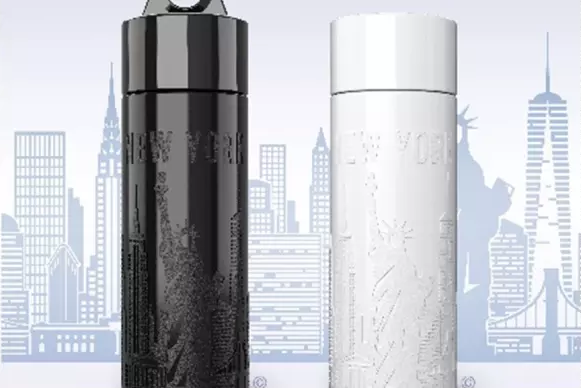
Braskem has partnered up with Join the Pipe to distribute sustainable and reusable water bottles made with I’m Green polyethylene in Europe, Africa and the U.S. The income generated from the product will be intended for over 300 social projects in developing countries, most of them in Africa and Asia.

Bottle Up and Braskem partnered up to deliver reusable water bottles made from I’m Green polyethylene. This way, Bottle Up not only transitions the product bottles from being single-use to multi-use, but they also significantly reduce the carbon footprint of the product. Bottle Up bottles are sold at popular locations like Albert Heijn, Jumbo, WHSmith, Stach, HEMA, Holland&Barret, BP, Coop and more.
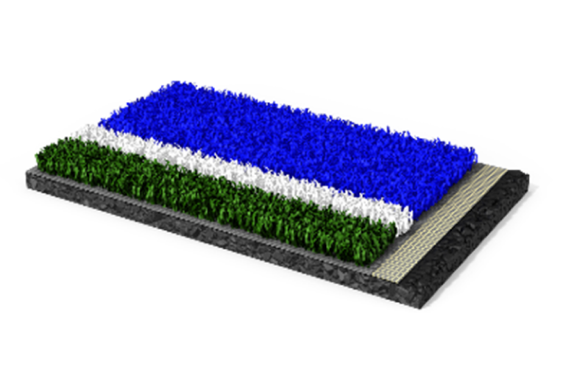
Braskem and Polytan provide I’m Green polyethylene for the hockey fields for the Olympic Games in Tokyo in 2020 and the 2022 hockey World Cups. Using this material for the artificial turf production delivers the same turf quality, whilst making a positive impact on hockey fields’ carbon footprint.
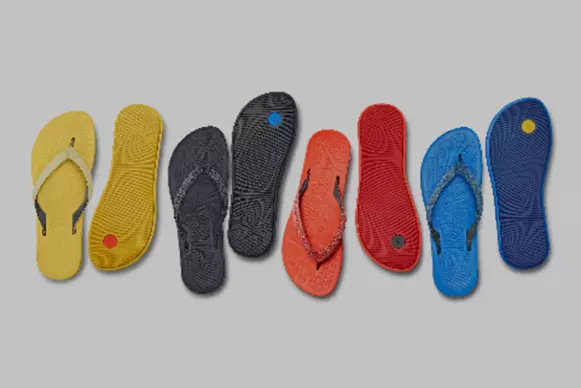
Allbirds uses Braskem’s renewable bio-based EVA resin in its Sugar footwear line. With characteristics such as flexibility, lightness and resistance, the resin combines comfort, design and sustainability and helps to reduce greenhouse gases in the air by capturing and storing CO2 during its production process.

Roberts Mart produces printed flexible packaging used to store bedding items for the John Cotton Group Ltd. They are using Braskem’s I’m green™ polyethylene derived from sugar cane, making a valuable contribution to the reduction of greenhouse gas emissions. The bio-based material proves to be of the same standards in performance and visual quality as fossil-fuel based bags, is recyclable through the same processes and thus is a sustainable alternative.
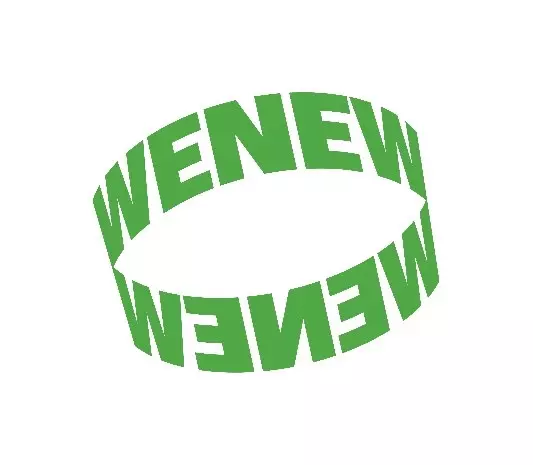
WeNew is Braskem’s circular ecosystem, which is comprised of products, education, technology and circular design, consolidating all of the company’s actions focused on recycling and the circular economy under a single umbrella.
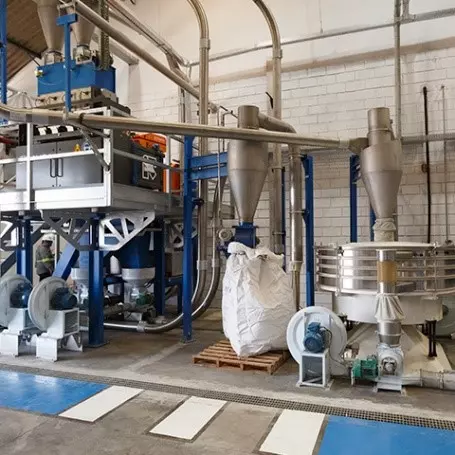
In 2022, Braskem partnered with Valoren, a company specialized in developing and operating technologies for waste transformation, to construct a recycling line and expand our portfolio of post-consumer resins. The partnership constructed a recycling unit with the capacity to transform 250 million packages into 14 thousand tons of post-consumption recycled resins per year.

Braskem produces circular polypropylene (PP) utilizing Nexus Circular’s commercial-scale chemical recycling technology. This chemical recycling facility converts difficult-to-recycle plastics, such as plastic films discarded in landfills, into circular raw materials for the supply of circular feedstocks.
Braskem is a global petrochemical company and leading global producer of biopolymers.
We produce a diverse portfolio of petrochemicals and (bio-based) plastic resins.
Our purpose is to make people’s lives better by creating sustainable solutions through
chemicals and plastics.



